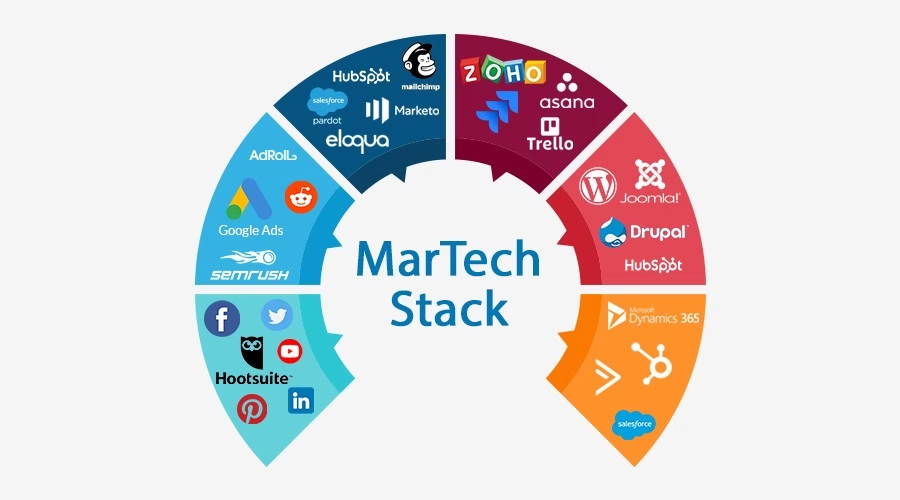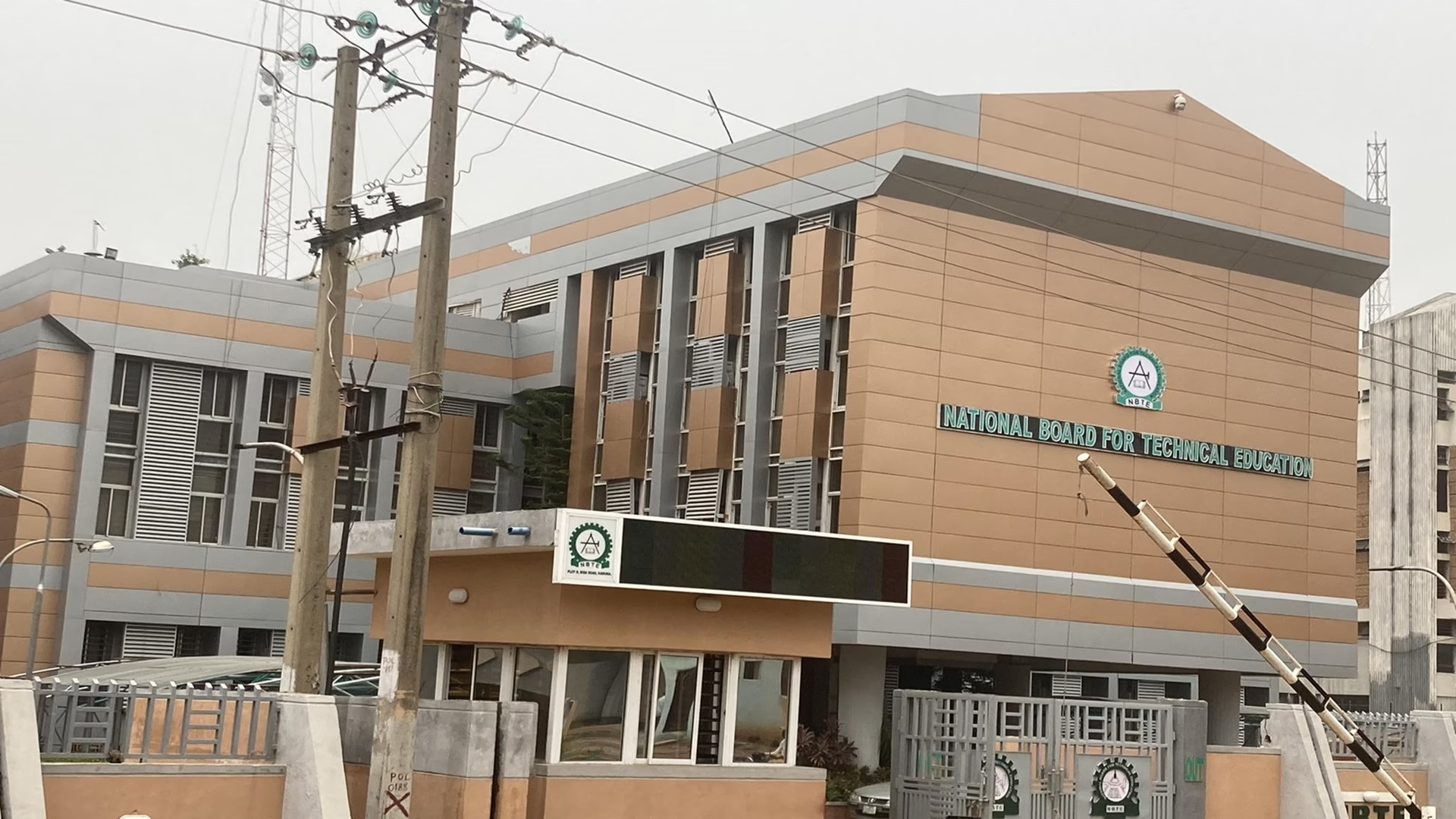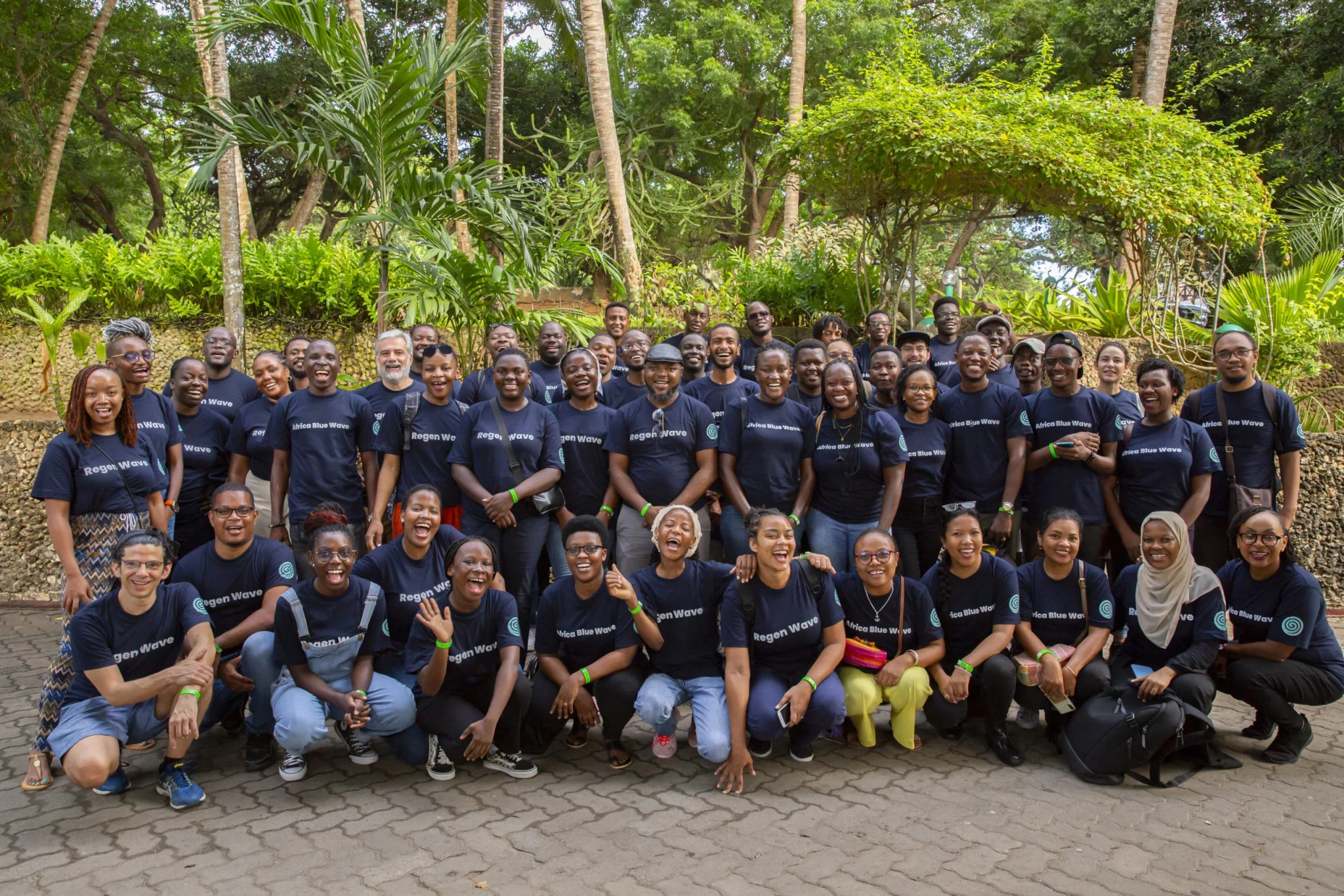Explore how artificial intelligence (AI) can address South Africa’s healthcare challenges by enhancing care quality, operational efficiency, and reducing professional burnout. Learn about AI’s role in transforming clinical management, personalizing patient care, and advancing healthcare research. Stay informed on the latest technology trends at 365marktech.africa
How AI Can Revolutionize South Africa’s Healthcare System
South Africa’s healthcare system faces a myriad of challenges, including insufficient resources, systemic inefficiencies, and significant professional burnout. However, the integration of artificial intelligence (AI) into healthcare could provide transformative solutions to these issues, enhancing the quality of care, improving operational efficiency, and empowering healthcare professionals across the nation.
Addressing Professional Burnout with AI Solutions
Professional burnout among healthcare providers is a pressing issue in South Africa, exacerbated by demanding work environments, inadequate support, and systemic inefficiencies. AI offers targeted solutions to alleviate this burden. By automating repetitive tasks and providing specialized decision-support tools, AI can significantly reduce the cognitive load on clinicians. This allows healthcare professionals to focus more on direct patient care and complex medical decision-making, thereby improving job satisfaction and raising the overall standard of patient care.
Transforming Clinical Management Through Data
AI’s effectiveness is largely dependent on its ability to integrate and analyze diverse data sources. In South Africa’s resource-constrained healthcare settings, AI can leverage the extensive data generated by healthcare systems to make a significant impact. Future AI-driven analytic tools will be able to synthesize this data to monitor and manage chronic diseases like hypertension and tuberculosis more effectively. By providing healthcare workers with timely, actionable insights, AI can help optimize treatment strategies and improve patient outcomes.
Enhancing Operational Efficiency with AI Innovations
Operational inefficiencies pose a substantial barrier to effective healthcare delivery. AI has the potential to address these challenges by automating administrative tasks such as patient scheduling and claims processing. AI-driven analytics can also identify bottlenecks in operational workflows, offering recommendations to streamline processes, enhance care quality, and reduce costs. When implemented in local settings, these capabilities could help bridge the gap between South Africa’s public and private healthcare sectors, improving overall healthcare access and quality.
Personalizing Healthcare with Generative AI
Generative AI is gaining traction as a tool to redefine patient and clinician experiences. AI-enhanced digital applications can create personalized healthcare pathways for patients, including virtual health assistants and tailored wellness tools. For healthcare providers, generative AI can simplify the user experience (UX) with electronic health records (EHRs), reducing the time spent on documentation and allowing clinicians to dedicate more time to patient engagement and care.
Pioneering Healthcare Research with AI
AI also holds promise as a catalyst for advancing healthcare research. By identifying suitable candidates for clinical trials, analyzing patient-reported outcomes, and unifying data from various sources, AI can accelerate the development of new treatments. This is particularly crucial in South Africa, where advances in healthcare research are essential for improving public health outcomes and reducing overall healthcare costs.
Summary of AI’s Potential Impact on Healthcare
AI offers several key benefits for South Africa’s healthcare system:
- AI-Augmented Healthcare Applications: Improving diagnostic accuracy, predictive analytics, personalized treatment plans, and operational efficiency in both public and private sectors.
- Enhanced Diagnostics: AI can complement human diagnostic analysis by identifying patterns in medical images that might be missed by the human eye.
- Operational Efficiency: AI can optimize scheduling, reduce administrative burdens, and streamline workflows when integrated with the right data.
- Patient Care: AI-powered chatbots and virtual assistants are being trialed to provide continuous patient support and personalized health recommendations.
A New Era for Healthcare
AI has the potential to revolutionize South Africa’s healthcare system by addressing critical systemic challenges and enhancing overall care quality. To fully realize these benefits, it is essential to ensure that healthcare providers are prepared for AI integration, with appropriate regulations, training, and data access in place. By investing in responsible AI solutions, South Africa can significantly improve healthcare outcomes and set a precedent for global health advancements.
For more insights and to stay updated on the latest trends in technology and healthcare, visit 365marktech.africa.










